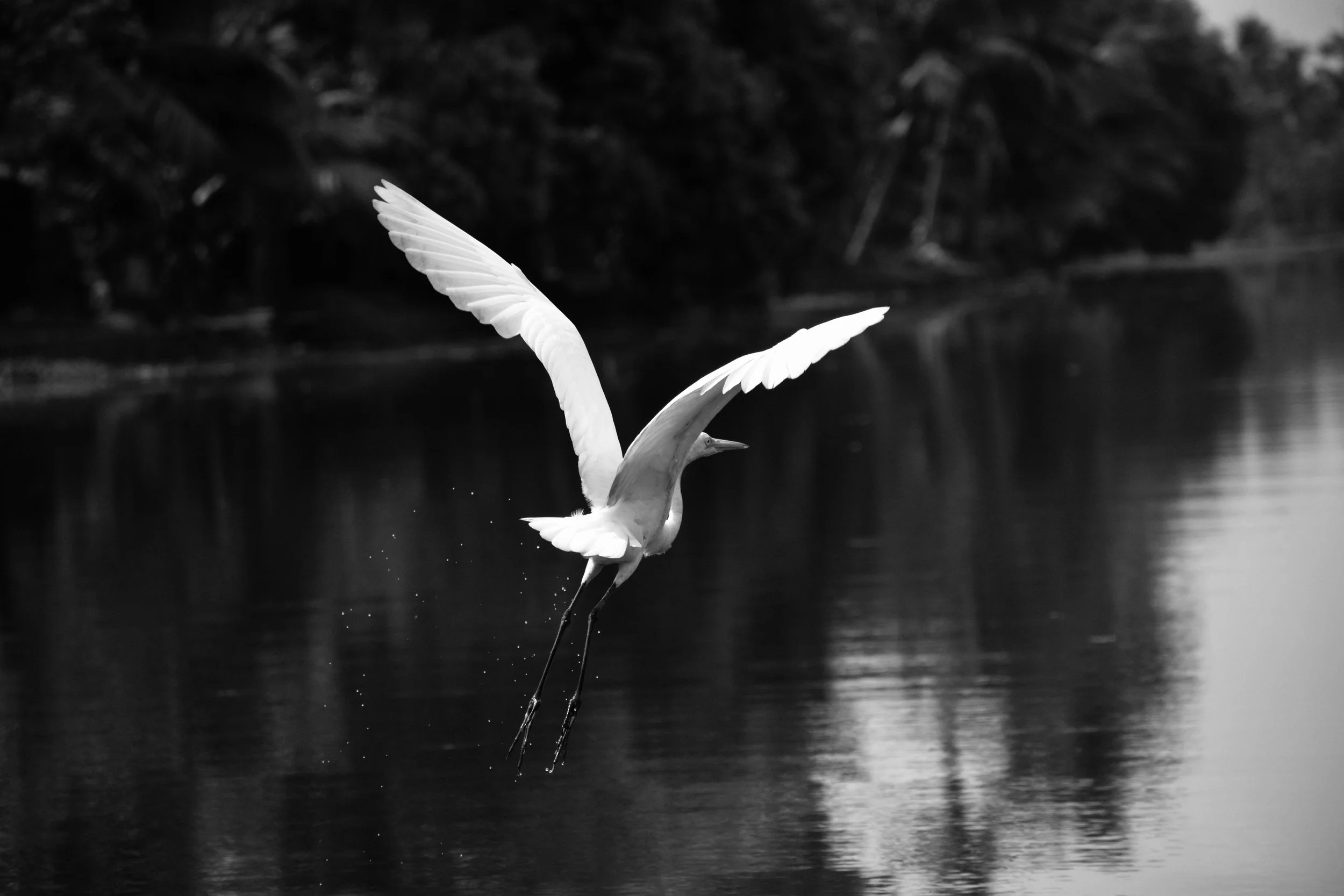The Power of Powerlessness
/In a recent Washington Post column (subscribers can read it here), Anne Lamont tells us that powerlessness is a super power of old age. But how can this be?
American culture is all about exerting our power, not giving it up. But Lamont tells us that “one superpower of being old… you know that things are probably going to work without your tense, controlling input.”
What are the benefits of powerlessness?
In therapy, clients are often pushed to discern where they have “agency” (aka control) and where they do not. Figuring out where we are powerless allows us to focus energy and efforts on things we can control. For example, I cannot control my adult children’s decisions about where they spend an upcoming holiday, but I can focus my energy on loving and supporting them, and not depending on them to have a good holiday myself. Other benefits of powerlessness include increased creativity and resilience, and decreased anxiety.
In the face of powerlessness, creativity flourishes. Stripped of conventional methods and resources, we are forced to think outside the box and explore uncharted territories. This fertile ground for innovation yields unexpected breakthroughs and transformative ideas.
By embracing the unknown, we unleash the full potential of our imagination and ingenuity. To carry forward the holiday example, when family holidays aren’t what they once were, it can lead to new ideas about how to spend them.
Contrary to popular belief, powerlessness is not synonymous with weakness. Instead, it serves as a crucible for resilience and adaptability. When faced with circumstances beyond our control, we are compelled to innovate and find alternative solutions. Each setback becomes an opportunity for growth, as we learn to navigate the unpredictable currents of life with grace and fortitude.
When we give up trying to control things we cannot, it allows us to worry less. I often encourage my clients to watch less news of any variety. We have little to no control over most of what we see on television.
By admitting to our powerlessness, we can apply cognitive, behavioral, and mindfulness strategies to chip away at the anxiety mountain most of us experience in today’s world.
When faced with powerlessness, Anne Lamont tells us, “Just do one good thing, and then another, and breathe…you’re going to be ok.”
Here’s to finding our one good thing to do today, and to being empowered by powerlessness each day.


